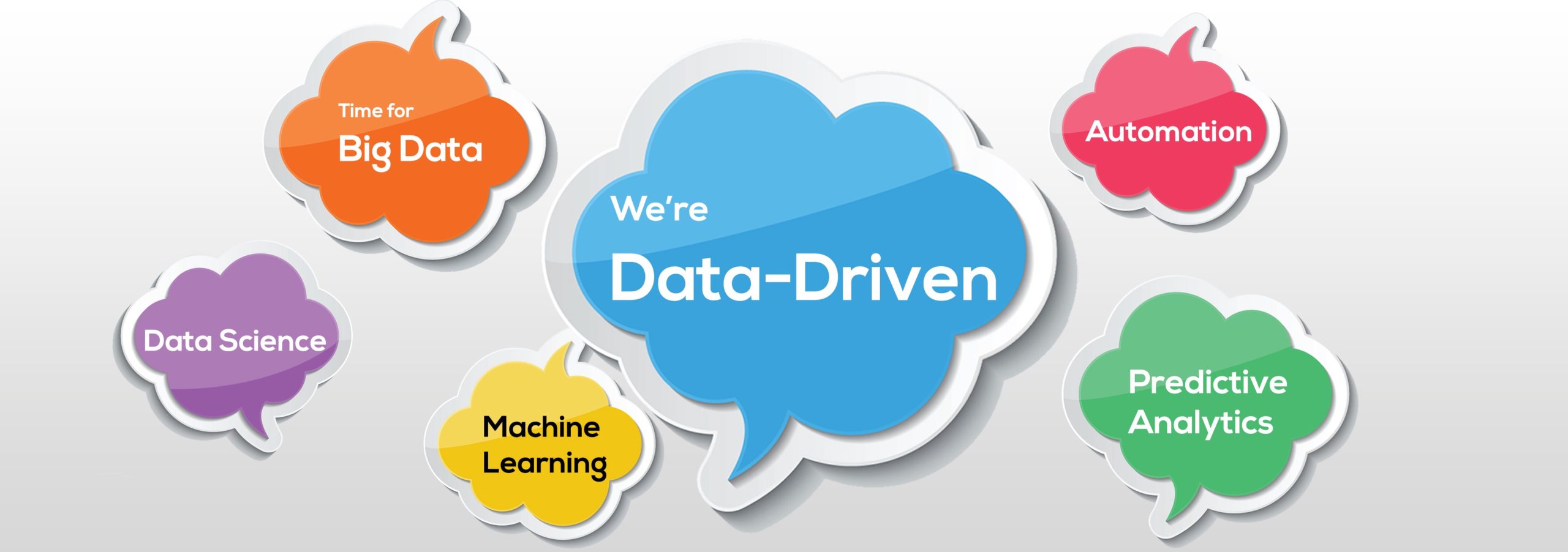Recent years have seen massive advancement in the logistics industry in areas like artificial and augmented intelligence, advanced analytics, and automation, to name just a few. These technologies have evolved faster than ever while startups with even newer solutions and innovations continue popping up at a rapid rate. But attached to these innovations are new expectations and standards, forcing logistics companies to either adapt or fall behind. Much pressure comes from customers in the form of individuals and enterprises, all of who are demanding their products or services come faster and cheaper than ever before.
Increasing technology innovations are making big waves across industries, and logistics and the supply chain may be one of the most impacted sectors. Infamous for its heavy use of manual and complicated processes, bottlenecks, near-absolute opacity and large amounts of data stored in different ways and in different places, the logistics industry has perhaps the most to gain from implementing new technologies and following the most innovative Supply Chain and Logistics technology trends.
So, let us have a look at the emerging technologies that are changing the sector for good and driving it towards the future. From digital twins to blockchain to real-time supply chain visibility are a few to name in the emerging technologies. From last-mile delivery robots and sustainability solutions, to warehouse automated picking systems and predictive optimization software, AI is already making a huge difference in logistics. Shippers, carriers, suppliers, and consumers can all expect to benefit from these logistics technology trends
Along with AI, Augmented Intelligence is also expected to spike in use. Augmented intelligence combines human intelligence with AI automated processes. For example, in logistics planning, using Augmented Intelligence can even be superior to using AI alone, since it can combine inputs from human planners (experience, responsibility, customer service, flexibility, common sense, etc.) together with AI technology which is left doing the repetitive and tedious work.
Block Chain in Logistics:
Blockchain has grown to become one of the biggest buzzwords in any industry as well as one of the most overhyped logistics technology trends. However, the complicated concept of the blockchain has been difficult to grasp for the general public, and despite its strong potential for incredible use cases both in and outside of the logistics, there’s been an overall lack of real development. Blockchain is an open ledger of transactions distributed among computers in a given network. Since everyone on the shared blockchain has access to the same ledger of transactions, there is complete transparency, which makes it impossible for users to hack or trick the system, and thus eliminates the need for third-party involvement. In the logistics industry, this could make it much easier for different carriers or shippers to share sensitive data
Real-Time Supply Chain Visibility (SCV):
This real-time data is now more in demand by customers and carriers than ever, which means logistics and supply chain enterprises need to focus on implementing cutting-edge SCV solutions into their operations. Internet of Things (IoT) a crucial asset for tracking shipments. Connected IoT devices on parcels allow warehouses to track inventory, vehicles, and equipment through cloud services. At the same time, container management powered by IoT also becomes easier through real-time monitoring, increasing fuel efficiency, implementing preventative maintenance and making container operations proactive instead of reactive
AI and ML for supply chain optimization:
Machine Learning, a subset of the Artificial Intelligence technology, is also being used by logistics players to automate the supply chain and gather insights that otherwise remain concealed in the burgeoning data. These insights can be directly or indirectly related to tracking, the backend of logistics, internal functions, and so forth. They help in optimizing supply chain as well as in automating, streamlining, and hence, decreasing the turnaround time of various processes. The AI-driven approach is not only cost-effective and time-efficient, but it also plays its part in making the consumer experience more delightful.
Autonomous transport
Today, e-Vehicles such as self-driving trucks, ghost cargo ships (autonomous ships), and drones are driving us closer to the future of logistics. It is estimated that this development can save up to 20% of fuel costs by aiding transportation, warehousing operations, and last-mile deliveries.
Warehouse Robotics
One of the obvious innovations is warehouse robotics, a fast-growing field. company has developed a completely autonomous robot with a small footprint, long reach, and vision system which all enable it to unload trucks, build pallets, and move boxes throughout any warehouse facility, which in turn in giving boost to e-commerce industry.
Whether it’s wearable technology, driverless vehicles, or multifunctional robots, robotization can significantly improve the efficiency and speed of warehouse processes.





